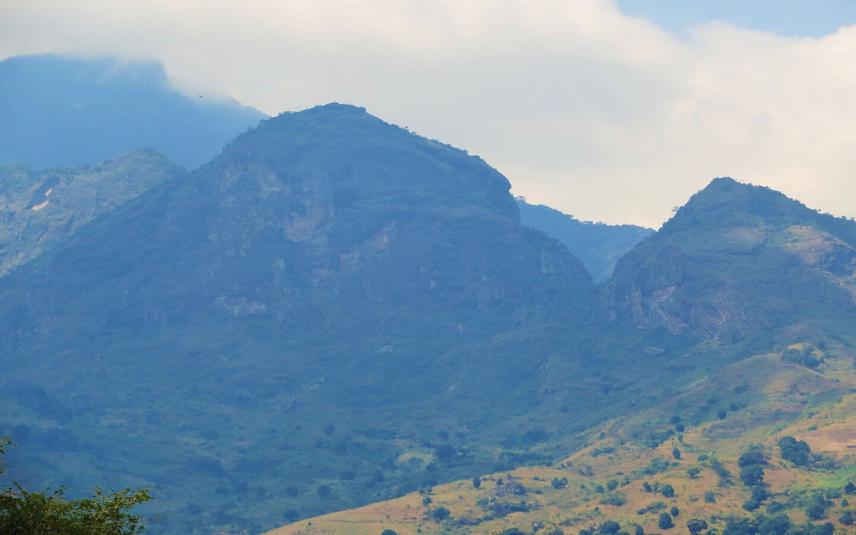Dickson Gerald Mauki
The Uluguru mountains are very important biodiversity hotspots in Tanzania. The mountains are home to various rare species of flora and fauna with over 100 plants, 2 birds, 2 mammals, 4 reptiles and 6 amphibians unique to these mountains. Additionally, the forests of the mountains provide the water catchment areas for the streams and rivers which are crucial for the livelihood and economic activities of the surrounding areas. Despite their crucial role in supporting biodiversity and people’s livelihood, the Uluguru mountains, particularly the forests, are threatened by deforestation, agriculture and frequent uncontrolled fire.

Uluguru Mountains in the background of Morogoro city. © Prof Chen Hualin.
The mountains are surrounded by more than 50 villages with over 151,000 residents putting more pressure on the resources particularly land for farming, building poles and timber. Although part of the mountains has been gazetted as forest reserves, encroachments have been reported to surge recently, and this could be linked to an increasing demand for land and forest products from the growing population of communities surrounding the mountain. Birdlife International working in the area has stressed the need for conserving and protecting the mountains as they are the only locality in which bird species such as Malaconotus alius and Nectarinia loveridgei occur among other endemic species.
Therefore, this project is aimed at enhancing sensitization and engagement of the local communities in the conservation of Uluguru mountains in order to rescue the rare and endemic species of both flora and fauna as well as for the sustainability of the water catchment areas through conservation education and involvement in environmentally friendly activities like tree planting and use of improved cooking stoves.
Header: The view of Uluguru mountains. © Isaac Kilusu.